In another passage nicked from the Scottish Brewing Archive's Falkirk issue, Max Cowan remembers his father's time working in the bottling plant:
"MY FATHER. John Cowan, served his time as a filler in the Engineering Department at Carron Iron Company. Like many others he was made unemployed during the Depression. He started working in the Brewery in 1932 and although I cannot be definite on the point. I think this was related to the fact that his father worked as a chauffeur for the Aitken family at the time. I do not know if he was initially involved on the bottling side, or whether he look up his role as the bottling engineer when the new bottling hall was opened in 1938. Certainly, from that point onwards he was the bottling engineer until closure.
A consequence of being the sole bottling engineer, was that he was excused military service during the Second World War because Aitken's had his job classified as a reserved occupation. Beer was brewed not only for the civilian population, but for the armed forces as well. I can remember him quoting an army saying, 'no beer, no fight.' For this reason, the Brewery was very busy during the War and there was a lot of overtime working, he was often called out at night when there was a breakdown and he was sent for because he lived two minutes walk from the Brewery. The same night shift worker was sent and my mother used to say 'here's that man again', a catchphrase used in the Jimmy Handley radio programme at that time. Breakdowns were frequent during the War and in the latter half of the 1940's because spare parts were difficult or impossible to obtain and much of the machinery was repaired on a 'make do and mend' basis with improvised parts. One other thing I can remember him mentioning about the War years was that very strong stout was brewed and exported in casks to Canada where it was cut with water before consumption."
Scottish Brewing Archive Journal volume 4, 2002, page 10.
That's a funny story about the Stout. For a couple of reasons. Where I have heard a story like that before . . . . . I know - the one about IPA being watered down on arrival in India. This one sounds more likely to be true. It may sound odd them exporting beer during the war, but exports didn't totally dry up. I have the figures somewhere.
I can't believe that I can correct him about this, but he's got the wrong Handley. Tommy not Jimmy Handley was in "It's That Man Again". It was a hugely popular progamme. They even made a film. Which leads me to a beer connection. In the film he plays the mayor of Foaming at the Mouth and in his office has . . . . a barrel of beer.
Getting back to the text, noteworthy that bottling engineer was a reserved occupation. In WW I the Wrexham Lager Brewery tried to get their German-born Lager brewer exempted from military service on the grounds that he was irreplaceable. The tribunal disagreed and he was conscripted.
"With regard to the Bottling Hall, I was a regular visitor as a schoolboy. When my father was working late unexpectedly, I was sent to the Brewery with his 'piece'. I remember it as a place that was very noisy when the bottling line was running - nobody wore car defenders in those days. The floor was always wet - leather-soled shoes didn't last long in the bottling hall. When I first went to the Bottling Hall as a child. I was surprised to find so many women there. Of course much of the work was done by women, such as minding the machines and lines, checking the bottles as they passed a large glass magnifier and filling the crates.
Towards the end of the nineteen fifties a canning line was installed. My father was sent on a two week training course at the Worcester works of the Metal Box Company so that he would be able to maintain the new machinery.
The period from mid-November to the New Year was always busy and sometimes I wouldn't see my father for most of the week because the Bottling Hall would be running six and a half days and four nights per week. At Hogmanay, the employees could buy bottled beer packed in brown carrier bags with string handles and the famous red 'A' on the sides.
Another big event for the maintenance staff was the 'blowdown' when all brewing and bottling stopped for two weeks in the autumn. The name derives from the fact that steam generation stopped allowing the chimney to be cleaned. During this period, an intensive programme of maintenance was undertaken throughout the brewery and this involved a considerable amount of overtime working. Outside contractors were also called in at this time. For example the inside of the pasteuriser was cleaned and sprayed with zinc."
Scottish Brewing Archive Journal volume 4, 2002, page 11.
Here's another colloquial word: "piece". And one I understand well, because my dad used it. It means packed lunch (if you want to be all middle class). Or did he say bait? It's so long ago. He might have used both.
The 'blowdown' concept is new to me. But I can see how it would make sense. You couldn't really clean the chimney while the brewery was operating. It makes me wonder how many other breweries did something similar. By checking brewing records it shouldn't be too difficult to spot a break in brewing. I must remember to do that.
I'd love one of those brown paper bags with a red A. I doubt any still exist. It's hard to think of something more ephemeral than a paper bag.
You know what I'm going to say: not done yet with Aitken's bottling hall.





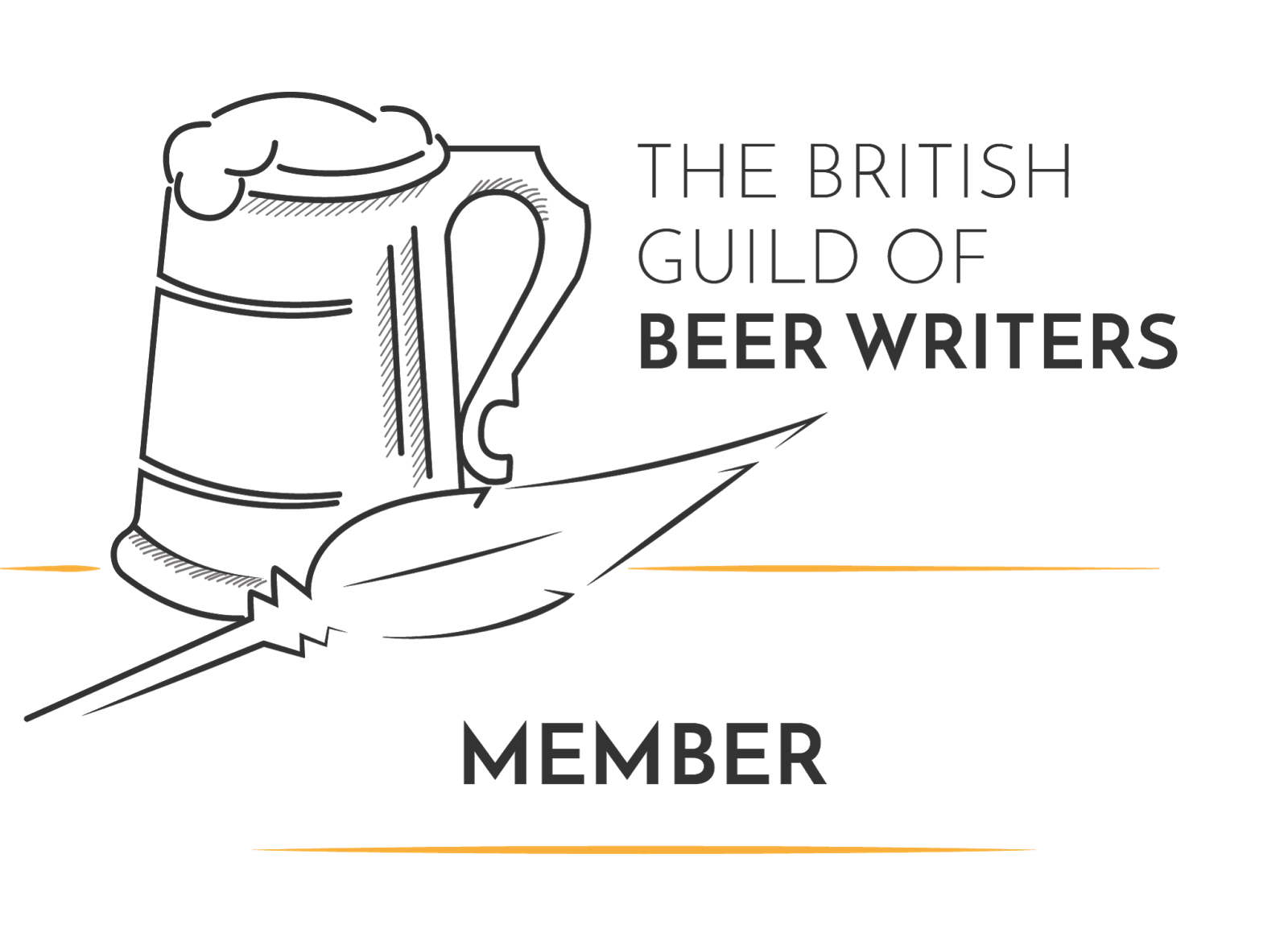









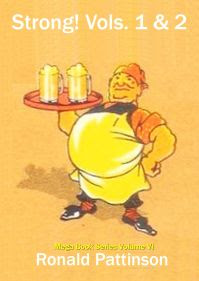


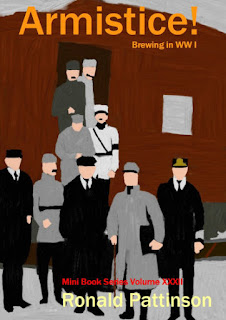








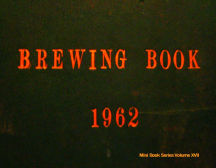
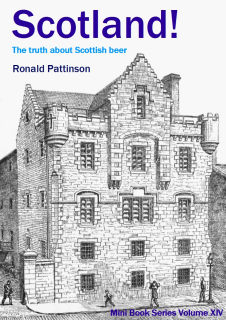
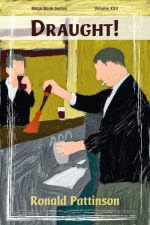





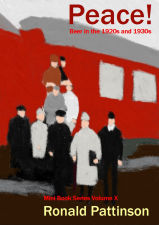



































No comments:
Post a Comment